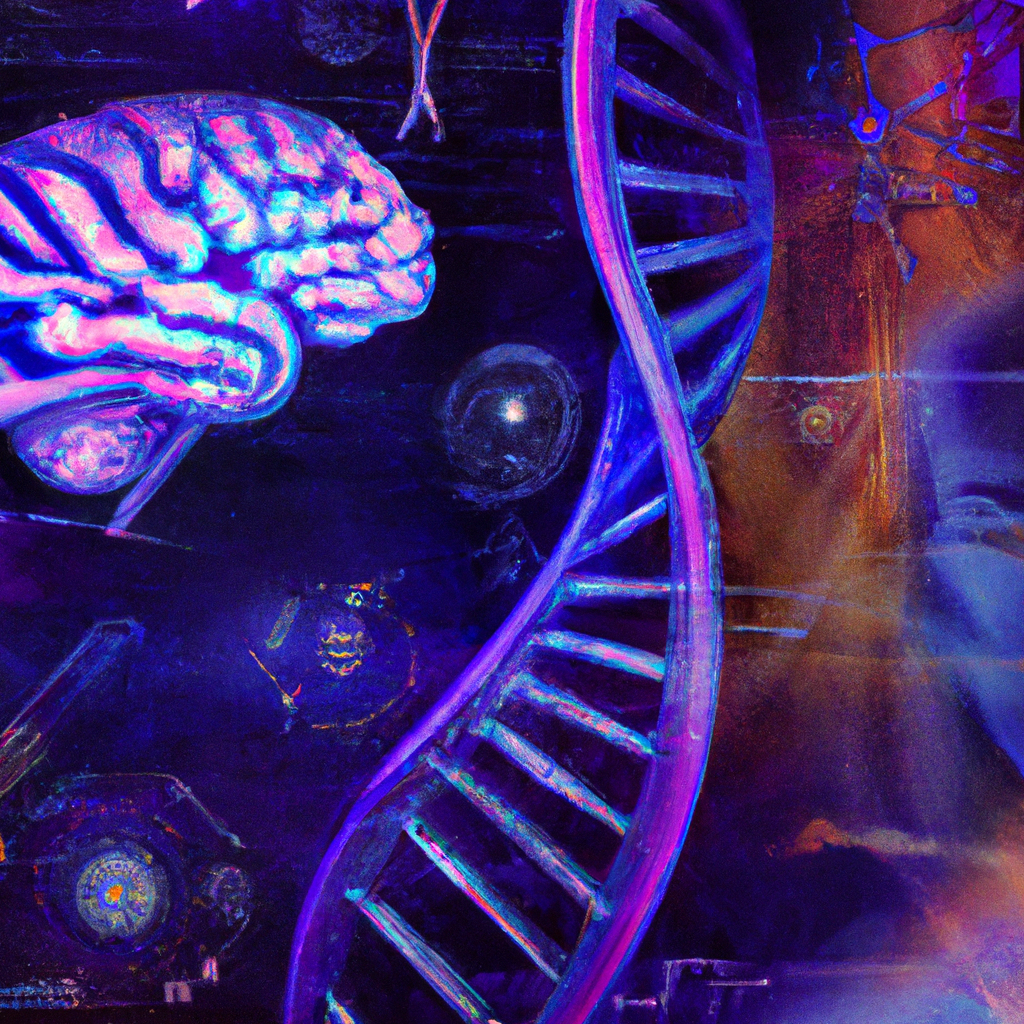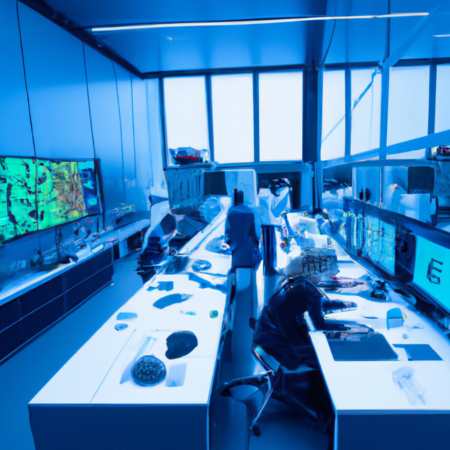Exploring the Interplay of Neuroscience and Psychology in 2025
As we advance into 2025, the boundaries between neuroscience and psychology continue to blur, offering new insights into human behavior and mental health. This post delves into the latest research and developments at the intersection of these two pivotal fields.
Understanding the Brain’s Influence on Psychological Processes
Recent studies have emphasized the role of neural mechanisms in shaping our psychological experiences. Advanced neuroimaging techniques have uncovered links between brain activity patterns and emotional states, providing a deeper understanding of conditions like depression and anxiety.
The Role of Genetics in Mental Health
Genetics plays a crucial role in mental health, influencing everything from our susceptibility to mental illnesses to our response to treatments. 2025 has seen significant advancements in personalized medicine, allowing for treatments tailored to individual genetic profiles.
Innovations in Neurotechnology
This year, neurotechnology has leaped forward, with developments in brain-computer interfaces (BCIs) enhancing cognitive abilities and providing new ways to treat neurological disorders. These technologies are not only transforming medical approaches but also raising ethical questions about the enhancement of normal brain functions.
Psychological Resilience and Neuroplasticity
The concept of neuroplasticity has revolutionized our understanding of the brain’s capacity to adapt. Psychological resilience, intertwined with neuroplasticity, is now seen as a dynamic interplay of environmental influences and neural changes.
Looking Ahead: The Future of Mind and Science
As we look to the future, the integration of machine learning and big data with neuroscience and psychology promises to unlock more secrets of the human mind, potentially leading to groundbreaking treatments and therapies.






